NFTs for Good
Non-fungible tokens, or NFTs, are a type of cryptocurrency that allows people to claim ownership over digital assets. NFTs have been a hot topic in the news all year, with people using them to buy and sell digital art, music, and more. While the current focus of NFTs is on their ownership model, other potential uses for them are just as valuable. Enter, NFTs for Good.
NFTs offer a unique way for people to donate to causes they care about. Because they are stored on the blockchain, donors can be confident that their donations will go where they are supposed to go. Additionally, because NFTs can be purchased with cryptocurrency, donors can remain anonymous if they choose to.
Role Of Non-Profit Organizations
Some charities, like the American Red Cross, have been accepting bitcoin as donations since 2014. With the recent outbreak of the COVID-19 pandemic and the consequent lockdowns, there has been an increase in interest (or at least, consideration) in donating cryptocurrency. This is because during the pandemic, in-person charity events was not possible, so this “fringe” financing method has become more appealing. Cryptocurrency donations are also flexible and borderless, making them accessible from anywhere in the world.
With the rise of blockchain technology and its applications, non-profit organizations have started to use it to create a more secure and transparent system. One example of this is the non-profit organization named Giveth, which has recently conducted a campaign to bring the problem of land grabbing to light. They created a token-based charity platform that allows users to donate in cryptocurrency. The more Ether you put in, the more tokens you get. However, it is not just about token-based donations, but about transparency and accountability for both donor and recipient. One of the main issues in the charity industry is that donors don’t know where their money is going and how much of it will reach the intended recipients. Blockchain technology brings transparency to the whole system, and it can even be used to track where the money went.
The funds generated from selling digital assets can provide the seller with more options, like being able to donate a portion of their earnings to a charity of their choice. This is what we call “moral investing”, where you’re not only purpose-driven but you have the potential to make a real difference with the cause you’ve chosen. Nonprofits and other organizations looking to fundraise can take advantage of this by creating digital art that aligns with their mission – like Dainty Dolphins, which showcases marine life to raise awareness for endangered species. Moreover, about one-fourth of their profits go toward charities that support and protect ocean wildlife.
Keys To Success
NFT markets are growing rapidly and more people are holding considerable investments in cryptocurrency. As a result, NFTs will play a bigger role in charitable contributions and fundraising. Charities that want to take advantage of this will need to establish policies to accept NFTs and cryptocurrencies. As we have worked with our customers, we realize that there are many tricky issues that need to be considered by both potential donors and charities.
Some of the issues that need to be considered include:
-How will the charity value the NFT?
-What if the value of the NFT goes down after it is donated?
-How will the charity handle taxes on the NFT?
– What if the donor wants to remain anonymous?
Since there are so many potential problems that could arise, both donors and charities need to do their research and think carefully about all of the possible implications before moving forward with any NFT donations.
